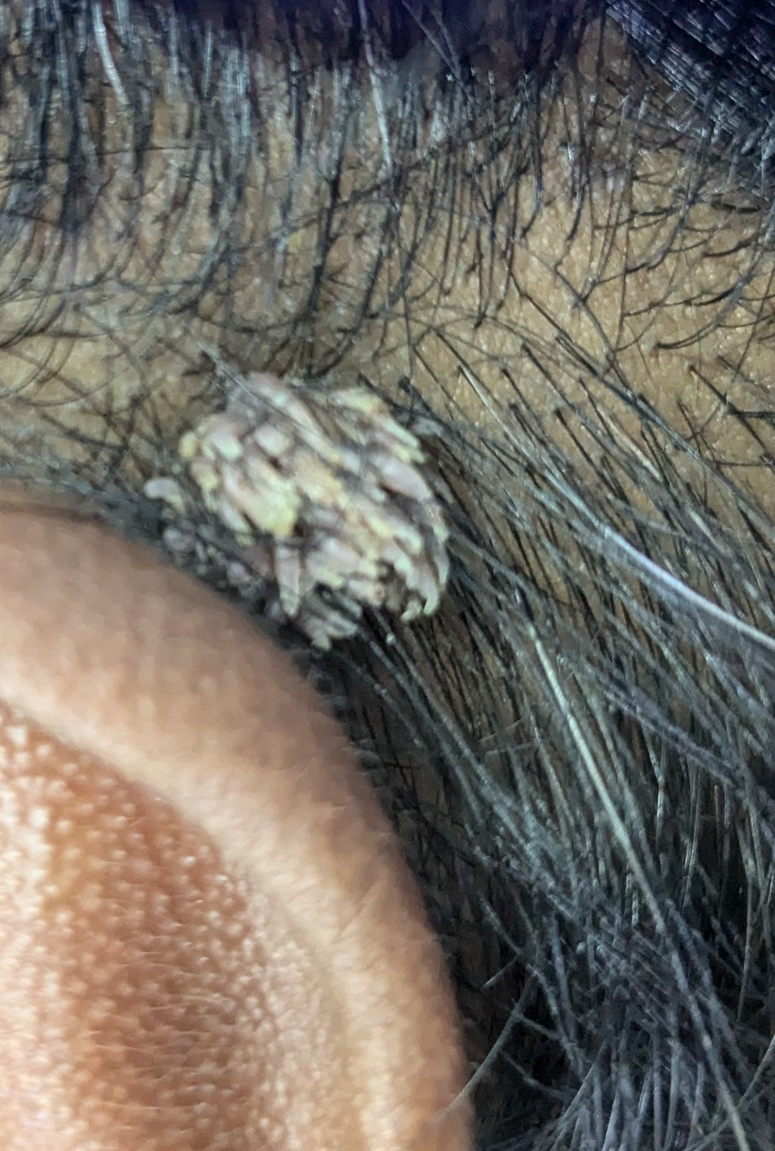+918169320586

This is your website preview.
Currently it only shows your basic business info. Start adding relevant business details such as description, images and products or services to gain your customers attention by using Boost 360 android app / iOS App / web portal.
Warts are growths on the skin caused by the human ...

Warts are growths on the skin caused by the human papillomavirus (HPV). They can appear anywhere on the body but are most commonly found on the hands, feet, and face. While they are usually harmless, warts can be bothersome or unsightly. Here's some important information to help you manage and understand warts: Types of Warts: Common warts: Rough, raised bumps often found on the hands and fingers. Plantar warts: Appear on the soles of the feet and may cause discomfort. Flat warts: Smaller, smoother warts that can appear anywhere on the body. Genital warts: Occur in the genital area and require medical treatment. How Warts Spread: Warts are contagious. You can catch them through direct contact with someone who has warts or by touching surfaces contaminated with the virus (e.g., locker rooms, pools). It's essential to practice good hygiene, avoid sharing personal items, and avoid picking or scratching warts to reduce the spread. Treatment Options: Over-the-counter treatments: Salicylic acid is commonly used to treat warts. It works by softening the skin so the wart can be removed. Cryotherapy: A healthcare provider can freeze the wart using liquid nitrogen, causing it to fall off over time. Laser treatment or minor surgery: If warts are resistant to other treatments, a doctor may suggest laser therapy or minor surgical removal. Prescription medications: Your doctor may prescribe topical treatments if over-the-counter options don't work. Preventing Warts: Avoid direct contact with warts, including those on others' skin. Wear sandals in public showers, pools, or locker rooms to prevent plantar warts. Keep your skin clean and dry, and moisturize to avoid cracks where the virus can enter. Strengthen your immune system with a healthy diet and proper rest. If you're concerned about your warts, or if they become painful, spread, or do not respond to treatment, it's a good idea to consult with a healthcare professional. Always remember, while warts are typically harmless, it's important to take proper care of them and seek treatment if necessary.

